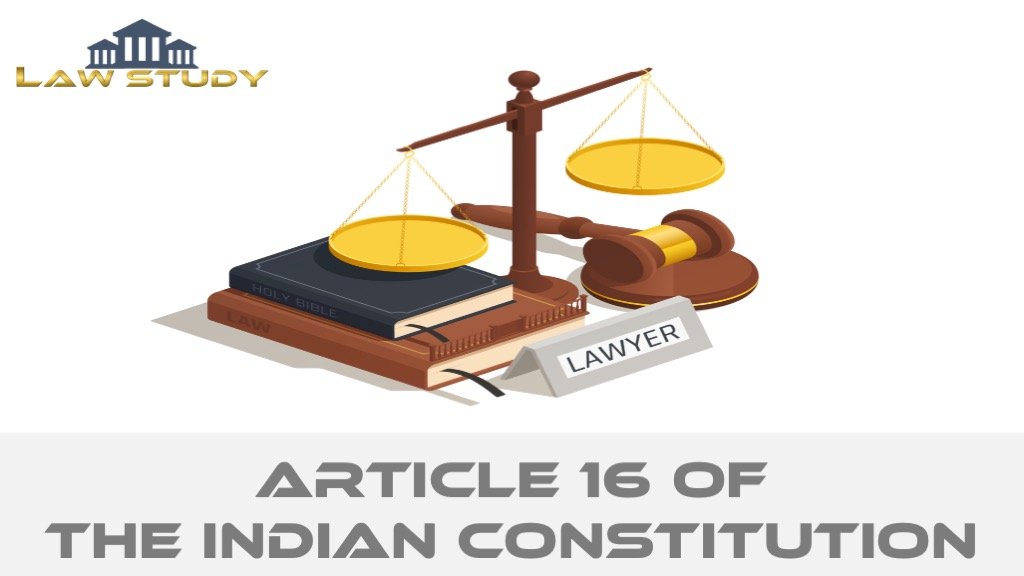Centre Withdraws Three Criminal Law Bills in Winter Session: A Move Towards Modernizing India’s Legal Framework
Introduction: In a significant development during the ongoing Winter Session of Parliament, the Centre has decided to withdraw three crucial criminal law bills that were introduced earlier. The bills, namely The Bharatiya Nyaya Sanhita Bill, 2023, the Bharatiya Nagarik Suraksha Sanhita Bill, 2023, and the Bharatiya Sakshya Bill, 2023, were envisioned to replace the outdated British-era laws—IPC, CrPC, & Indian Evidence Act. The decision to withdraw these bills comes in response to recommendations made by the parliamentary standing committee, and revised versions are expected to be introduced shortly.
Background
During the Monsoon Session on August 11, Home Minister Amit Shah unveiled these bills, signaling a bold move towards revamping India’s legal framework. The objective was to bring about substantial amendments and replacements to the existing laws that have been in place since the colonial era. However, after careful consideration and consultations with experts and stakeholders, the parliamentary standing committee suggested revisions to address potential concerns and improve the proposed legislation.
The Bharatiya Nyaya Sanhita Bill, 2023
One of the significant bills under scrutiny was The Bharatiya Nyaya Sanhita Bill, 2023, which aimed to amend the Indian Penal Code. Following its introduction, the bill underwent thorough examination and recommendations by the Parliamentary Standing Committee on Home Affairs. This committee, after consulting with various experts and stakeholders, submitted its recommendations on November 10.
Amit Shah, acknowledging the committee’s input, stated that based on their suggestions, amendments are proposed in The Bharatiya Nyaya Sanhita Bill, 2023. The government intends to introduce a new bill in place of the original, incorporating the committee’s valuable insights and ensuring a more comprehensive and effective legal framework.
The decision to withdraw the bills and introduce revised versions underscores the government’s commitment to a consultative and inclusive legislative process. By involving experts and stakeholders, the government aims to address potential loopholes and concerns, ensuring that the new criminal laws align with contemporary needs and values.
The Legislative Process
The withdrawal of the three bills and the subsequent introduction of revised versions exemplify the dynamic nature of the legislative process in India. The parliamentary standing committee plays a crucial role in scrutinizing proposed legislation, seeking expert opinions, and recommending necessary changes. This iterative process ensures that laws are thoroughly examined and refined before being enacted, contributing to the robustness of India’s legal system.
The withdrawal of The Bharatiya Nyaya Sanhita Bill, 2023, is likely a precursor to similar actions for the Bharatiya Nagarik Suraksha Sanhita Bill, 2023, and the Bharatiya Sakshya Bill, 2023. These bills, intended to replace the Code of Criminal Procedure and the Indian Evidence Act, respectively, are expected to undergo a similar process of scrutiny, consultation, and revision based on the parliamentary standing committee’s recommendations.
As India strives for legal reforms to align with contemporary challenges and societal values, the withdrawal and revision of these criminal law bills signify a step towards a more responsive and adaptive legal framework. The government’s commitment to incorporating expert opinions and stakeholder feedback reflects a nuanced approach to legislative changes, ensuring that the laws enacted meet the evolving needs of the nation. The forthcoming introduction of revised bills is anticipated to be a critical milestone in modernizing India’s criminal justice system and reinforcing the nation’s commitment to a fair and effective legal framework.
Frequently asked questions
Why did the Centre decide to withdraw the three criminal law bills during the Winter Session of Parliament?
The decision to withdraw the three criminal law bills, namely The Bharatiya Nyaya Sanhita Bill, 2023, Bharatiya Nagarik Suraksha Sanhita Bill, 2023, and Bharatiya Sakshya Bill, 2023, was made in response to recommendations put forth by the parliamentary standing committee. The withdrawal aims to address concerns and incorporate valuable insights from experts and stakeholders, ultimately leading to the introduction of revised versions of the bills.
What were the primary objectives of the three bills initially introduced during the Monsoon Session?
The three bills, introduced by Home Minister Amit Shah during the Monsoon Session, were intended to replace antiquated British-era laws—the Indian Penal Code, Code of Criminal Procedure, and the Indian Evidence Act. Specifically, The Bharatiya Nyaya Sanhita Bill, 2023, aimed to amend the Indian Penal Code, Code of Criminal Procedure and the Indian Evidence Act.
How did The Bharatiya Nyaya Sanhita Bill, 2023, undergo scrutiny and recommendations by the parliamentary standing committee?
After its introduction, The Bharatiya Nyaya Sanhita Bill, 2023, was referred to the department-related Parliamentary Standing Committee on Home Affairs for consideration on August 18. The committee engaged in consultations with officials from the Home Affairs and Law and Justice Ministries, experts, and stakeholders. The recommendations submitted on November 10 led to proposed amendments, and the government plans to introduce a new bill, incorporating these suggestions.
What role did the parliamentary standing committee play in the legislative process?
The parliamentary standing committee played a crucial role in scrutinizing the proposed legislation by seeking expert opinions and consulting with various stakeholders. Their recommendations, submitted on November 10, contributed to the decision to withdraw the bills and introduce revised versions. This iterative process ensures a thorough examination of laws, making the legislative process more robust.

























